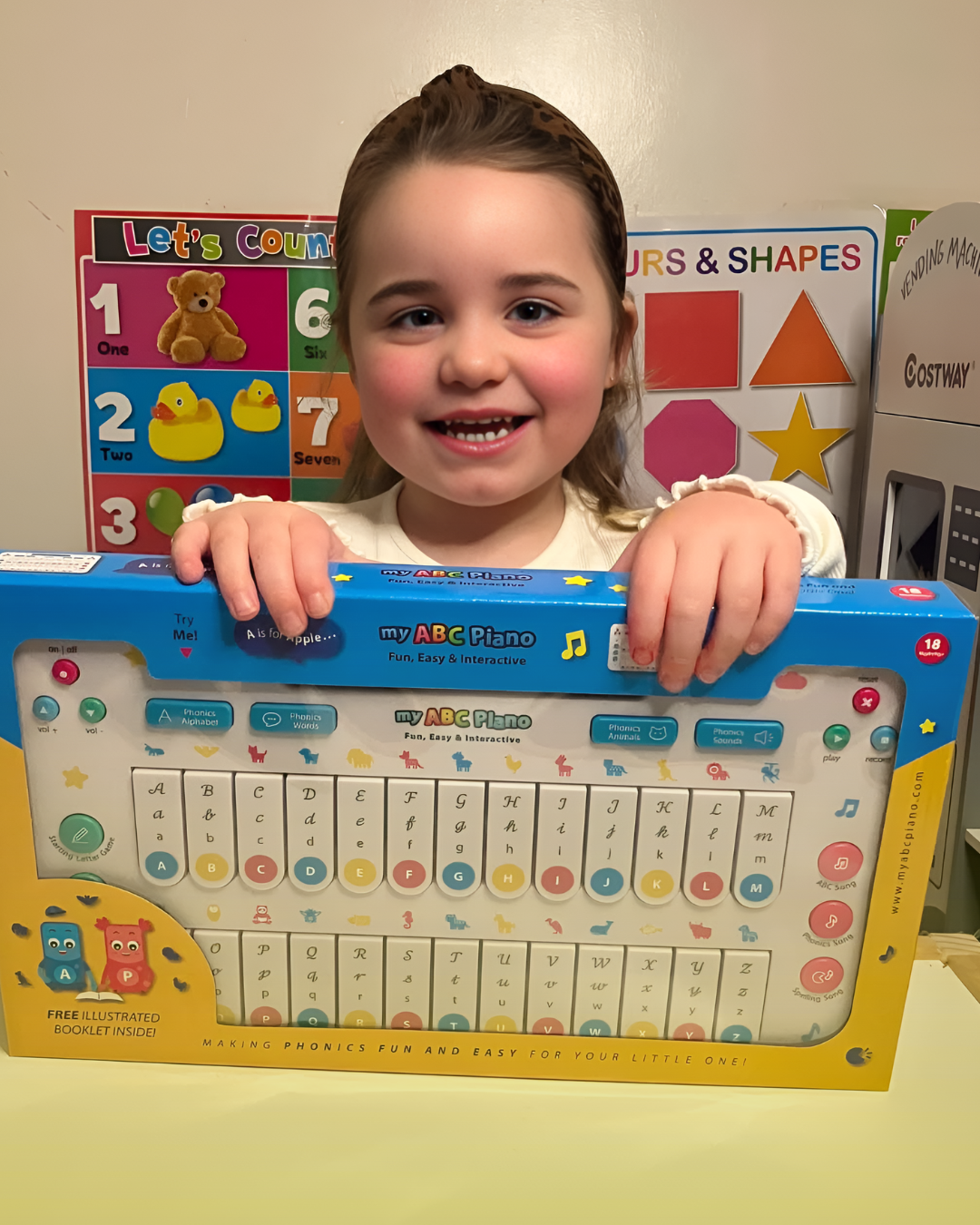
Preparing for Primary School: How to Support Early Learning at Home
Practical tips for parents before your child starts Reception in September
If you’ve just received your child’s school place for September – congratulations! It’s a big moment, especially if this is your first time navigating the world of primary school. But after the excitement settles, a new question often follows:
"What can I do now to get my child ready for school?"
At My ABC Piano, we’re here to say: you don’t need to rush or stress – but there are small things you can start doing now at home to build your child’s confidence, independence, and love of learning.
Why Early Learning at Home Matters
Children are constantly learning – and some of the most powerful lessons happen long before they enter the classroom. From recognising letters to understanding routines, a lot of school readiness begins at home.
You don’t need to become a full-time teacher. But you can create an environment that gently supports your child’s development through play, talk, and daily habits.
5 Simple Ways to Support Early Learning at Home
1. Make letters and sounds part of everyday play
Before Reception, children aren’t expected to be reading – but recognising letters and understanding the sounds they make gives them a strong head start.
Try this:
- Sing the alphabet together
- Point out letters on signs, cereal boxes, or clothing
- Use interactive toys like My ABC Piano, where each key says the letter name and sound. It’s a fun, no-pressure way for little ones to hear and repeat phonics naturally.
2. Explore language through conversation
Talking to your child builds vocabulary and confidence. Narrate what you’re doing during the day, ask open-ended questions (“What do you think will happen next?”), and let them take the lead in pretend play.
The more they hear and use language, the more prepared they’ll be when it’s time to follow instructions or share ideas in a classroom setting.
3. Practise counting and number skills
Learning to count to 10, recognising numbers, or even sorting toys by size or colour – these are all ways to build early maths skills.
You don’t need workbooks. Use real life: count stairs, share out snacks, or play games like “how many teddies are on the bed?”
4. Develop independence with daily tasks
Teachers often say the most helpful school prep isn’t academic – it’s practical.
Encourage your child to:
- Put on their shoes and coat
- Use the toilet independently
- Pack their bag or tidy up their toys
These small steps build confidence and reduce overwhelm when school begins.
5. Make learning feel fun, not forced
Children learn best when they’re relaxed and engaged. Keep activities short, playful, and pressure-free.
That’s exactly why we created My ABC Piano – a phonics-based educational toy designed to make learning letters feel like a game. With fun spelling activities and interactive games, your child can build literacy skills while simply playing.
A Final Thought From One Parent to Another
Preparing your child for school doesn’t have to be overwhelming. Every bedtime story, every silly alphabet song, every attempt at zipping their coat – it all counts.
And if you’re looking for something simple to support early literacy at home, the My ABC Piano is a screen-free way to help your child fall in love with letters and sounds before they even step into the classroom.
Here’s to a joyful start to their school journey – one sound, one word, one smile at a time.
